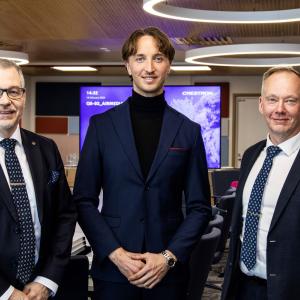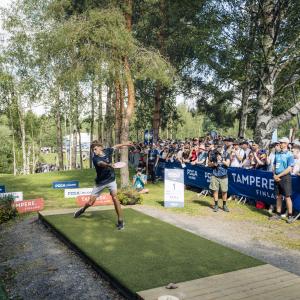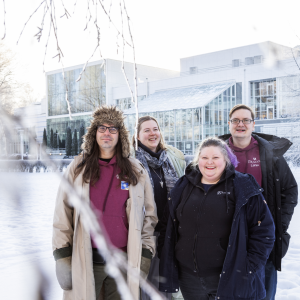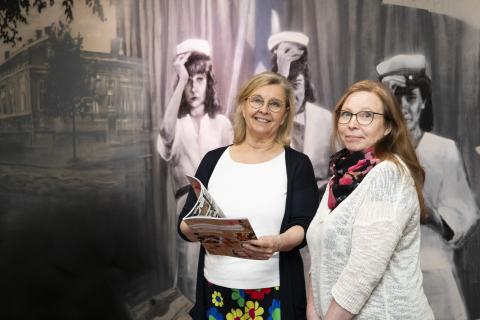Dialogue between students, teachers and schools is central to the desired impact of cooperation. The aim is to make upper secondary education an entity that listens to and promotes students' aspirations. The regional cooperation agreement will run for two years, after which it will be reviewed.
– Providing equal and high-quality educational opportunities for upper secondary school students is precisely the work we do for young people and families. Strengthening the sense of community, student participation and empowerment also gives students a foundation for further studies and teaches them skills for working life, says Leppäharju.
Equal opportunities and equality
The regional cooperation between upper secondary schools in Tampere involves not only the development students, but also the development teachers and headmasters. Tuija Flinck, the principal of Tampere Upper Secondary School of Performing Arts, has, like other principals, participated in meetings and training sessions on regional cooperation in the past, but the aim of this school cooperation is to improve the quality of upper secondary school education in the Tampere region without changing the identities of the upper secondary schools. In other words, the aim is to bring together students, teachers and headmasters from different parts of the Tampere region and to share, through dialogue, the applicability of different practices and models of good practice between upper secondary schools.
– For example, the discussions on absenteeism have shed light on the understanding of what kind of practices would best suit the operating environment of one's own upper secondary school, says Tuija Flinck.
Outi Suominen is one of the development teachers at Tampere Upper Secondary School of Performing Arts. Her duties include working with other development teachers from other Tampere upper secondary schools. They also coordinate and support the development students in their own school. Suominen agrees with Flinck's observations and mentions the two most recurring themes of the developer meetings.
– Equal opportunities and gender issues are constantly coming up. The aim is not to have the same upper secondary schools, but the same opportunities and services for students, says Outi Suominen.
Although cooperation between upper secondary schools has got off to a good start, much remains to be done. For example, Suominen believes that the willingness of students to participate and influence their own school life is of great importance.
– Development students have a lot of good ideas, and this extensive cooperation is aimed at listening to students' ideas.




